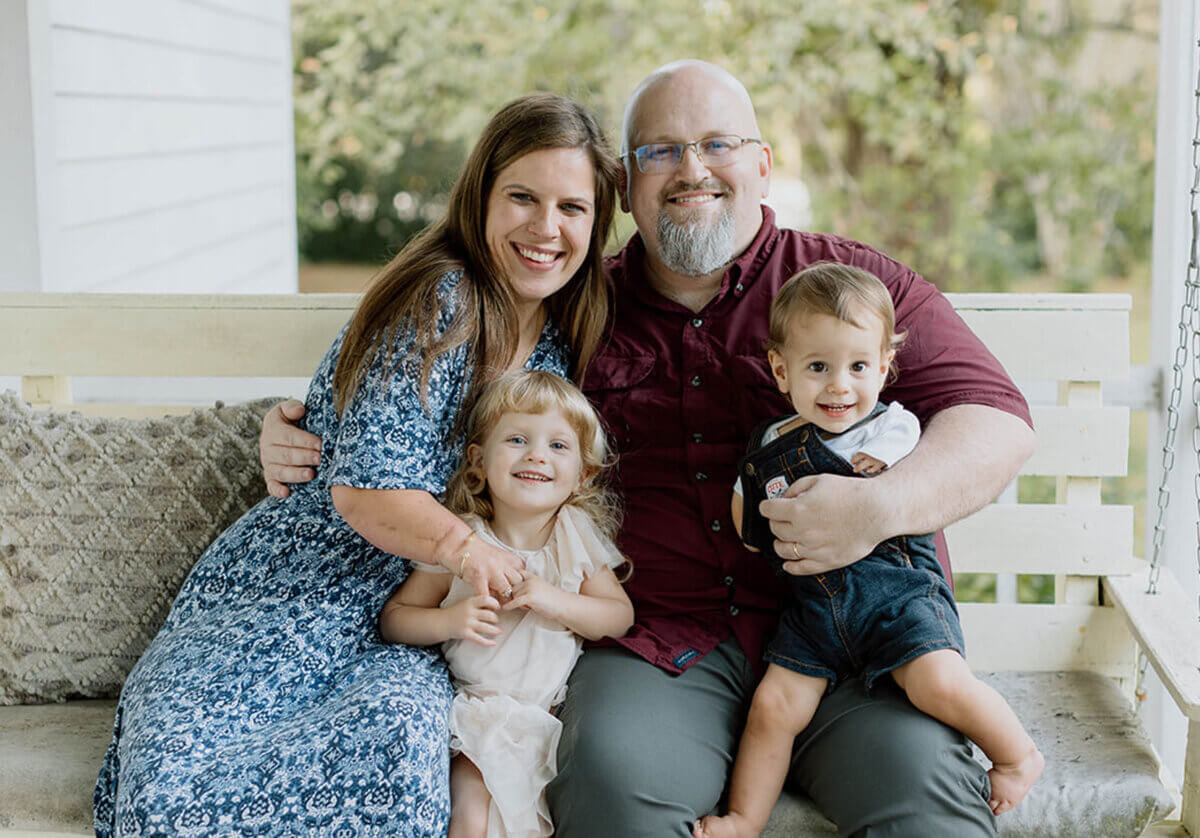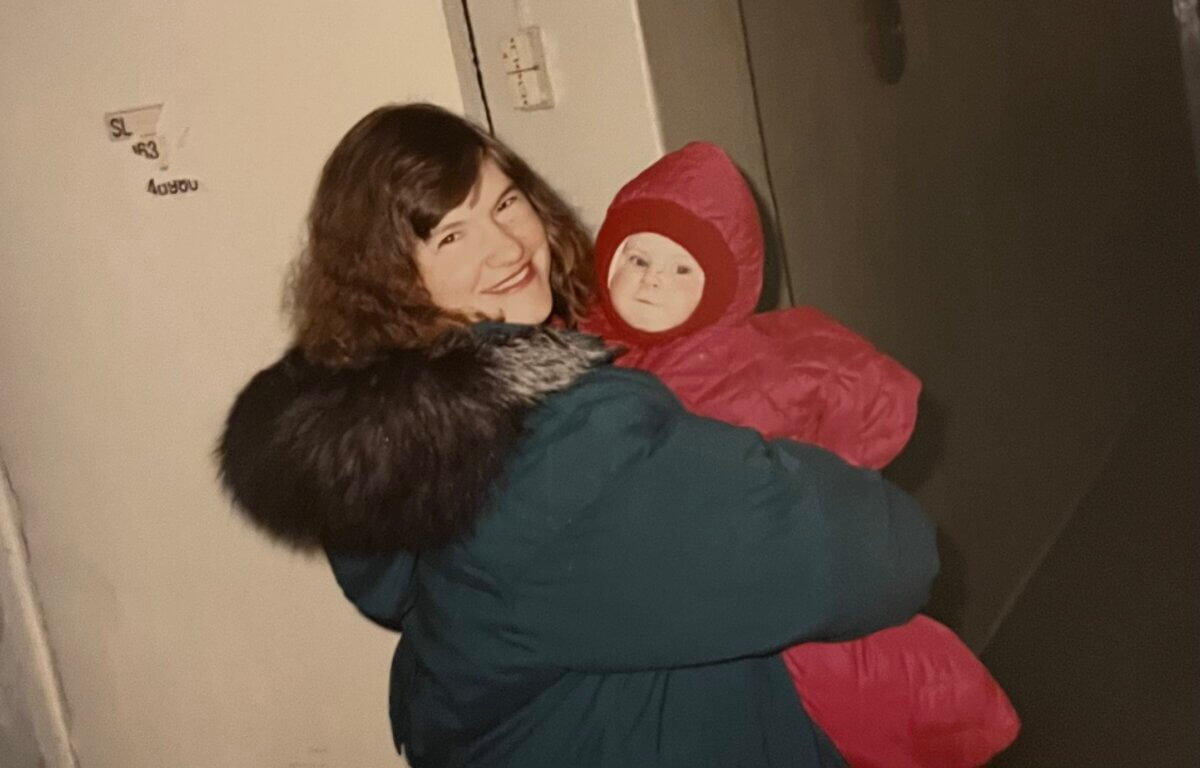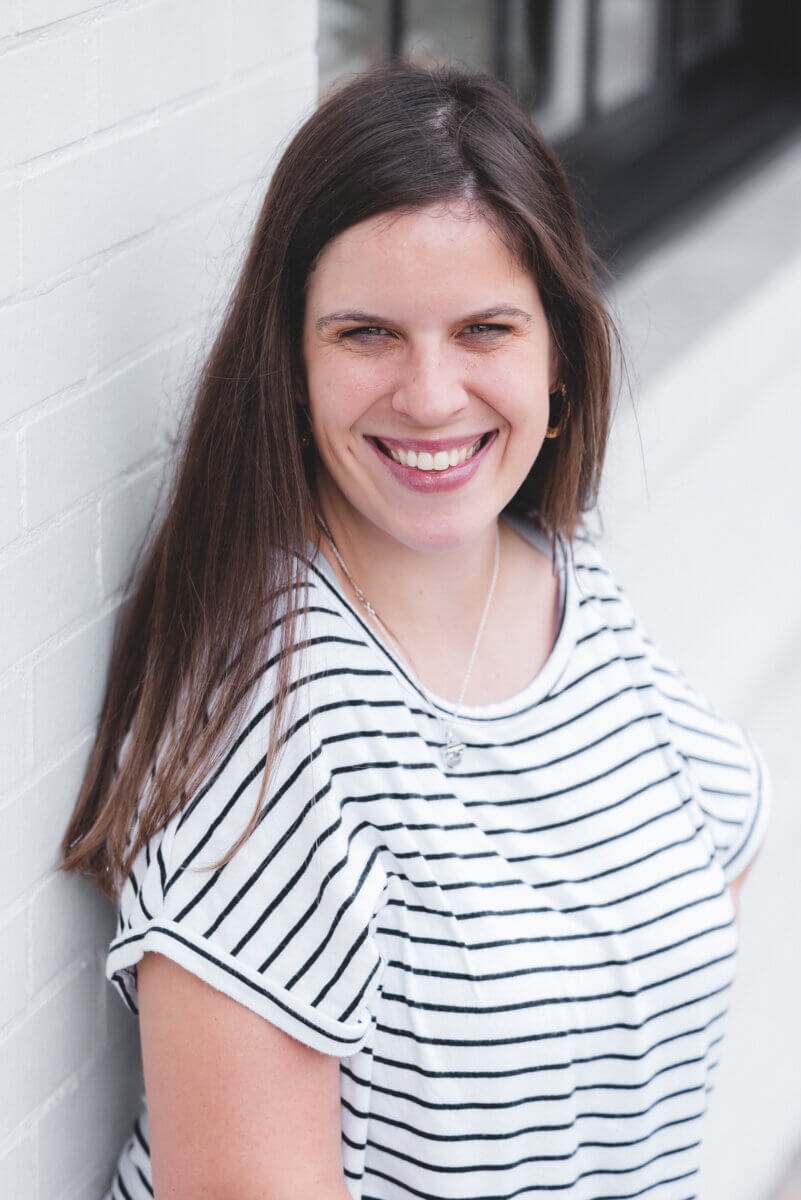From Russia with Love: An Adoptee’s Reflection on Adoption

I was born in St. Petersburg, Russia,
and I was adopted and brought home to the United States by my family in the frigid winter of 1994—I was just under one year old.
I was given a wonderful childhood and countless opportunities I never would have known had I stayed in Russia. Most likely growing up in an overcrowded orphanage.
So I’ve have always recited this story hurriedly, without fanfare.
I never really overthought it because I’m so confident I’m part of my family, and being adopted by them was part of God’s overall plan for my life.
But lately, I’ve been pondering the matter a little more deeply.

What does it really mean to be adopted?
On one hand, adoption was the best thing that ever happened to me, but giving me up might have been the hardest moment of my birth mother’s life.
I have had a happy existence in my small Georgia town, but sometimes I pause to consider that the woman who conceived and carried me for nine months just as I have my own two precious children—she is a stranger to me despite the cord that once bound us together.
My life hangs in a delicate balance. I have been brought in, loved, and chosen in a tangible way that those who are not adopted can only experience as they consider their adoption by God.
But in order to be chosen by my mom and dad, I had to be relinquished by my biological parents. Gain and loss, all at once. Closeness and separation. Familiarity and estrangement.
A woman came to a hospital as two and left as one, while a small family of four left the USA and returned a family of five.
Adoption, for me, means I have a great deal of question marks.
Questions about the day of my birth—my ancestry, my genetic history, my birth mother’s eye color, my birth father’s skin tone.
These are answers I may never receive, but I am learning to be content while also having questions.
Many people want to put adoption into one of two distinctly different categories—
Category One:
In this category, we’re expected to view adoption as a strange, artificial sort of family that is intrinsically insufficient and only repaired by meeting our “real parents,” which may never happen.
In this school of thought, adoption is not quite enough for the child and is only viewed through the lens of what is lost, both for the mother and the child.
This view only focuses on the trauma, while forgetting the miracle.
Category Two:
In this category, adoption is the panacea. It’s the glossy family we all aspire to be.
Here, we see adoption as a picturesque sort of religious rite, where those who are holiest adopt, and everything always turns out rosy. This view only focuses on the miracle, while forgetting the trauma.
I believe adoption for most of us lies somewhere in the middle. And I believe that the best thing adoptees and adoptive parents can do is embrace this middle ground of questions and mysteries.
The Uncertainty of Adoption
I will probably never know my genetic history, but I can trust that God knows the beginning from the end.
Also, I don’t look like my sister, but I know that we are sisters, inextricably tied for life.
And I don’t know anything about the day I was born, but I know plenty about the day I came home.
And isn’t this true for all of us, plodding through life, full of questions and uncertainty? None of us is granted a straight, smooth path, free of detours and bumps in the road. Part of being human is being uncertain.
Being adopted has made me more keenly aware of my own questions. But I thank God for this, because it has pushed me toward my Father in heaven. He knows me better than anyone on earth. I find my identity in Him.
Long before I was relinquished and chosen again, God chose me and set me apart. And because I am adopted twice, I feel as though I understand His heart for me a tiny bit better than most.

Sarah D. Shearer is a writer, wife, and mother. She was adopted from Russia as a baby but has spent her life in Thomasville, Georgia. She is passionate about encouraging people to overcome and maintain a positive perspective.
Sarah is married with two beautiful children. She and her family live on a sprawling rural farm, which gives her, as L.M. Montgomery says in Sarah’s favorite childhood novel Anne of Green Gables, great “scope for the imagination.”
Sarah also enjoys writing for local magazines, reading, and celebrating her friends and family. You can find her on social media @sarahdshearer
Give to help orphaned and vulnerable children know they are seen, known, and loved.
100% of your gift to Lifesong directly helps children in need. TMG Foundation and key partners cover our fundraising and administrative costs, so your entire gift goes where you want it to go.